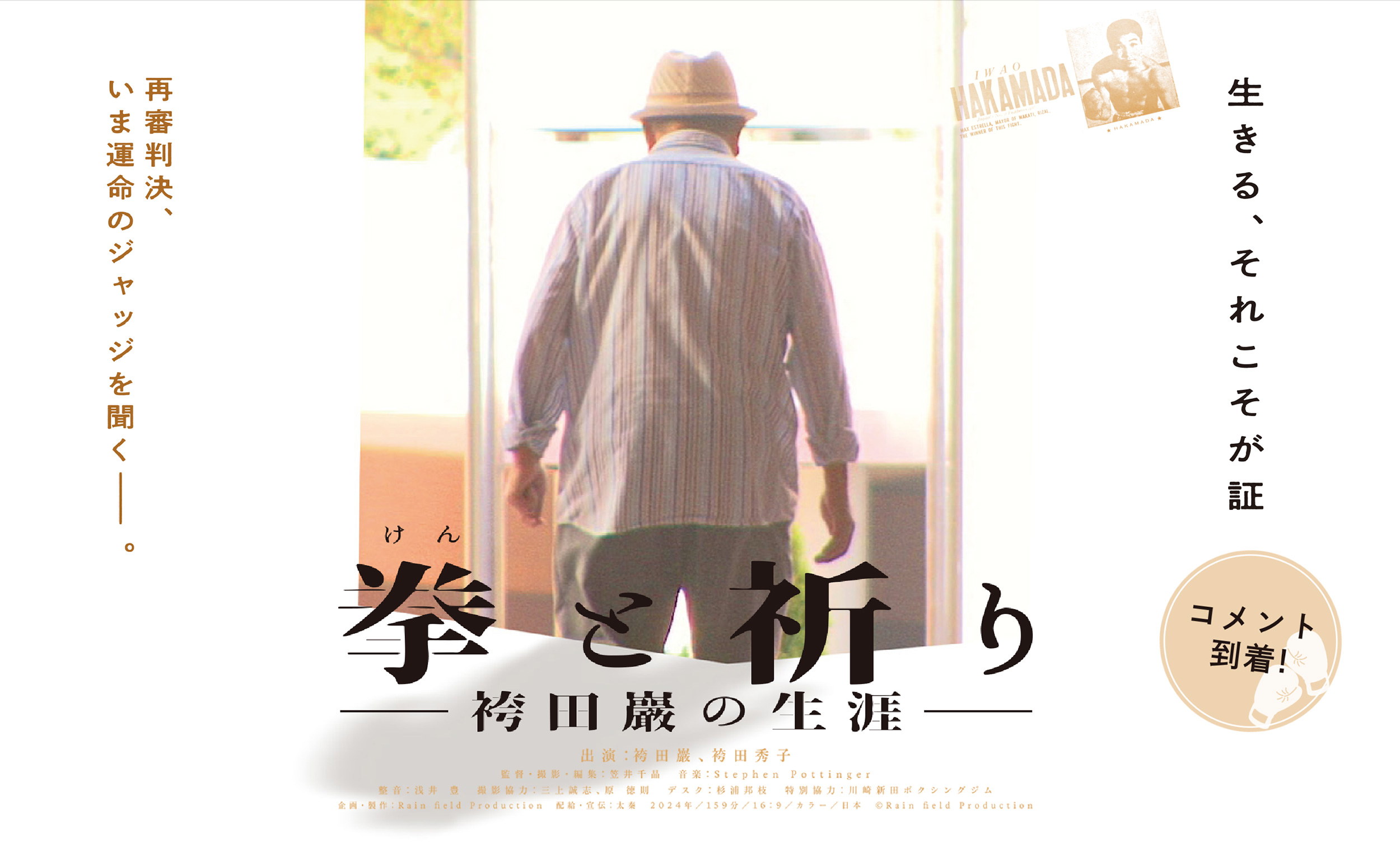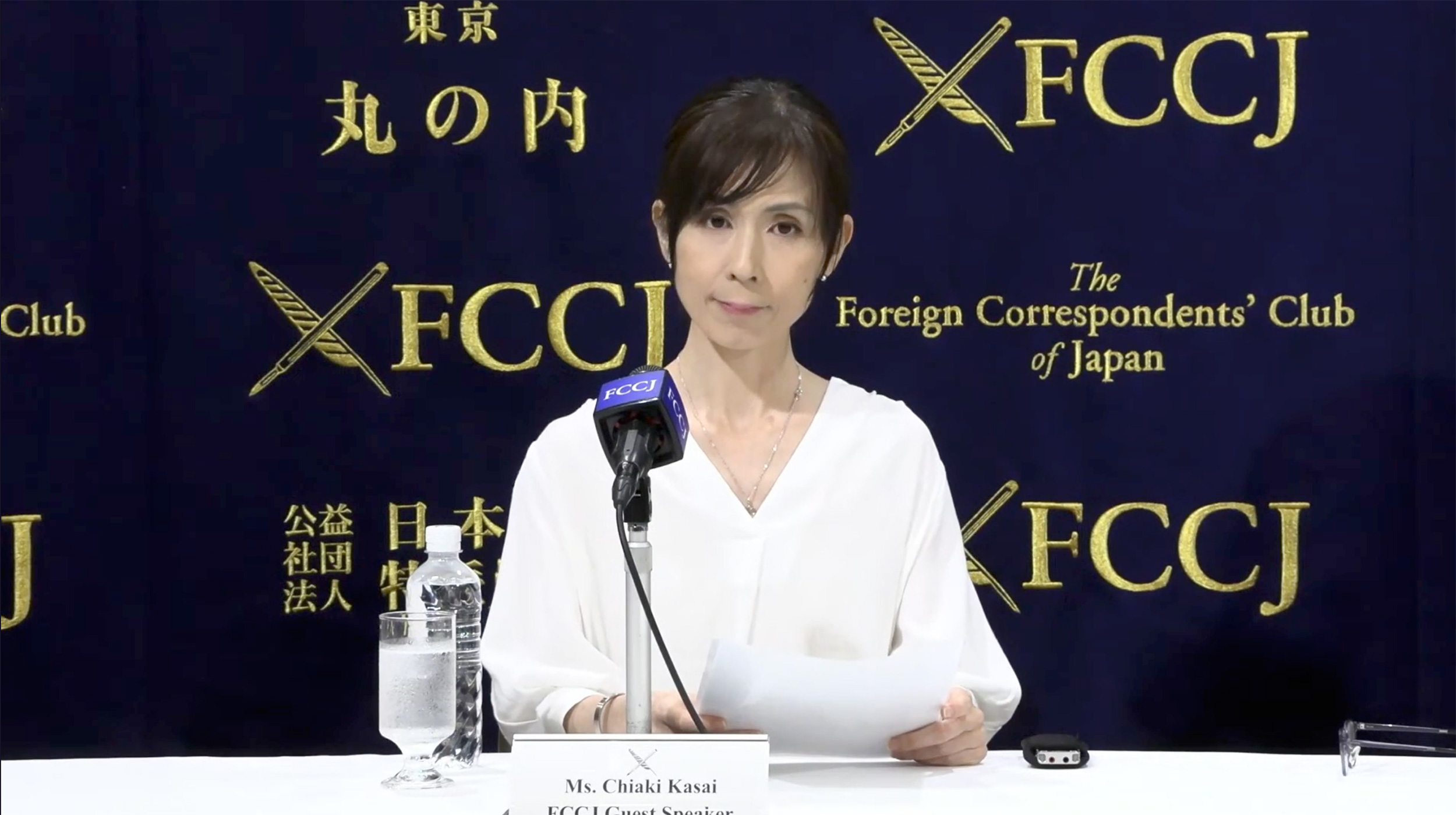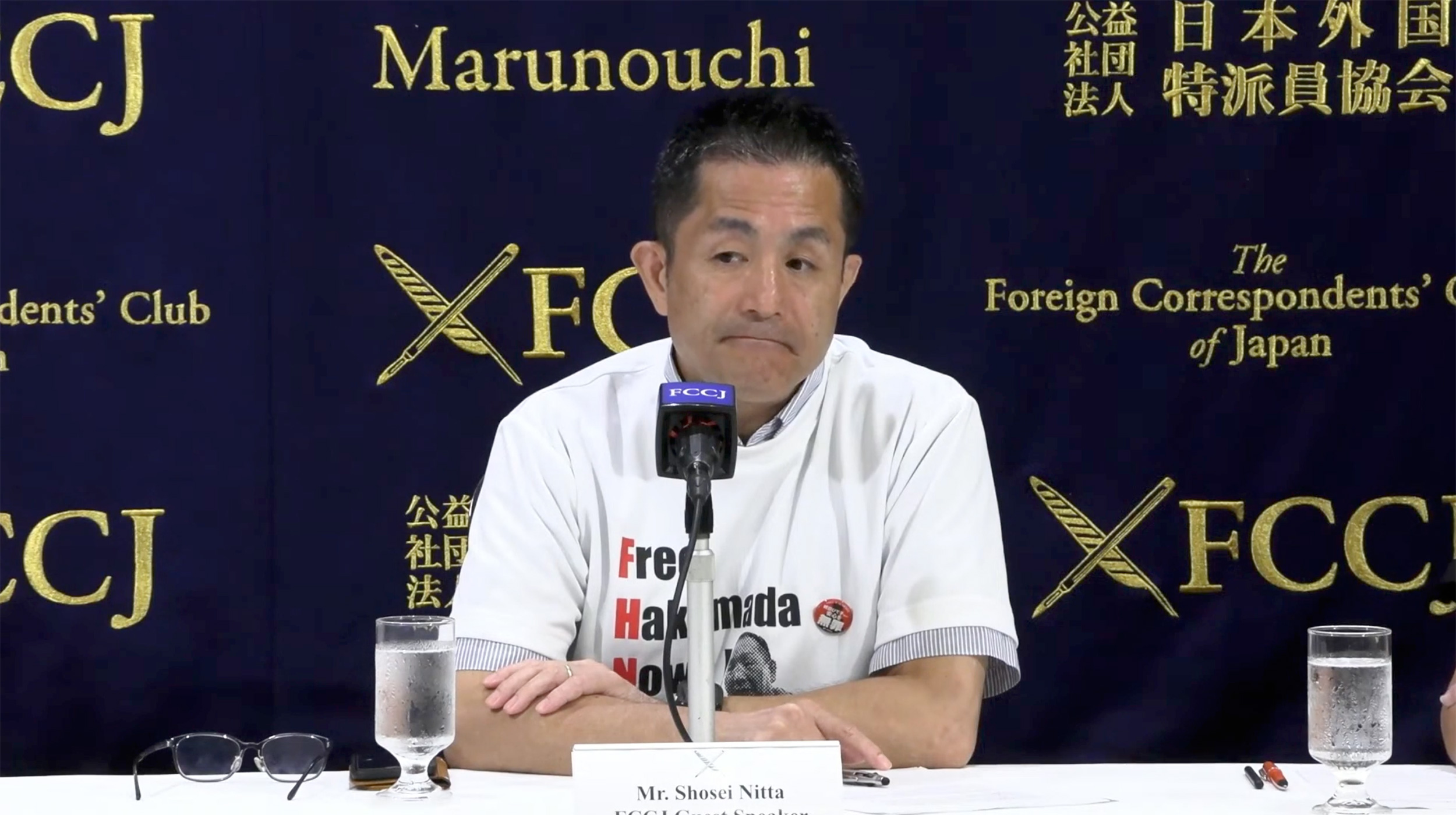Issue:
November 2024
Iwao Hakamata is aquitted, but the fight for justice is far from over

Iwao Hakamata (often spelled Hakamada in the media) can now live in peace, 58 years after he was wrongly accused of murder and after almost half a century awaiting execution on death row.
His acquittal was finalized on 9 October, when prosecutors decided not to appeal an earlier not-guilty verdict by the Shizuoka district court.
Three days after the verdict, during a meeting between his lawyers and supporters in Shizuoka, Hakamata made a surprise appearance, arriving at the meeting in a wheelchair pushed by his loyal supporter, Machiko Ino.
When the microphone was handed to him, he said: “Finally, I have won full and complete victory. I couldn’t wait any longer. Thank you very much.”
While the 88-year-old appeared to understand his acquittal, he suffers from mental illnesses that blur his perception of reality. No one knows for sure if he realised that he had become a free man - an ordinary citizen who had regained his right to vote just weeks before a general election.
The former professional boxer’s long ordeal is the subject of a new documentary, Fists and Prayers, directed by Chiaki Kasai.

Kasai had decided to find out more about Hakamata after reading a letter 20 years ago that he had written to his family and friends during the early years of his incarceration. Kasai approached Hideko, Hakamata’s indefatigable elder sister, and filmed her daily life, underpinned by her unshakable belief in her brother’s innocence.
“At the time, I had no idea there would be a retrial … it seemed so complicated,” Kasai said during a press conference at the FCCJ held days before the verdict in Hakamata’s retrial.
Kasai was certain Hakamata would be cleared, but she feared the court would not go as far as to say that the evidence had been tampered with – a major component of her two-and-a-half hour film. To her delight, the judge severely criticized prosecutors and the police, who had been accused of falsifying evidence and forcing Hakamata to confess.
Kasai was there with her camera she he was freed in 2014, pending a retrial, and has followed him ever since. Her documentary speculates on what kind of life he could have enjoyed had he not been framed for the murders of three members of the same family. The film shifts between past and present and includes many images that have never been seen before. It also explores how professional boxers spent two decades campaigning for Hakamata, whom they considered one of their own.

Shosei Nitta, chair of the Iwao Hakamada Support Committee – which is part of the Japan Boxing Association – said it was natural to support fellow boxers who are in trouble. He cited the case of Rubin “Hurricane” Carter, a black American-Canadian boxer who, like Hakamata, was arrested in 1966 on suspicion of a triple murder and was also the victim of a miscarriage of justice. Carter, who was acquitted, also supported Hakamata and died in 2014, shortly after the Japanese inmate's release.
Even though Hakamata and his sister can now live freely, their campaign is far from over. Japan’s criminal justice system needs reform, particularly those areas that led to Hakamata’s wrongful conviction. Lawyers must be able to attend their clients’ interrogations, and suspects’ right to silence must be respected. Police and prosecutors must reveal all the evidence in their possession rather than presenting only that which points to the suspect’s guilt. The appeal procedure leading to retrials should be simplified. And there should now be a serious debate on abolishing the death penalty.
The media, too, have a lot to learn from the Hakamata case. The Tokyo Shinbun, the Asahi Shimbun and the Mainichi Shimbun have apologized to Iwao and Hideko Hakamata for describing him in numerous previous articles as a “criminal”. Cases of wrongful convictions have prompted the more frequent use of the word suspect, but the implication of guilt remains strong. Using information provided by police, media film and photograph suspects being arrested, show their faces and reveal their identities. The presumption of innocence is trampled upon.
As journalists, we have a duty to report objectively, but this doesn’t apply when we’re confronted with injustice or human rights violations. In those cases, a commitment to establishing the truth trumps all else. After all, Japanese prisons are still holding victims of miscarriages of justice. I can safely say that Iwao and Hideko Hakamata, and their lawyers and supporters changed my life.
Karyn Nishimura is a correspondent for the French daily newspaper Libération and Radio France.

